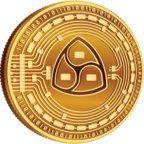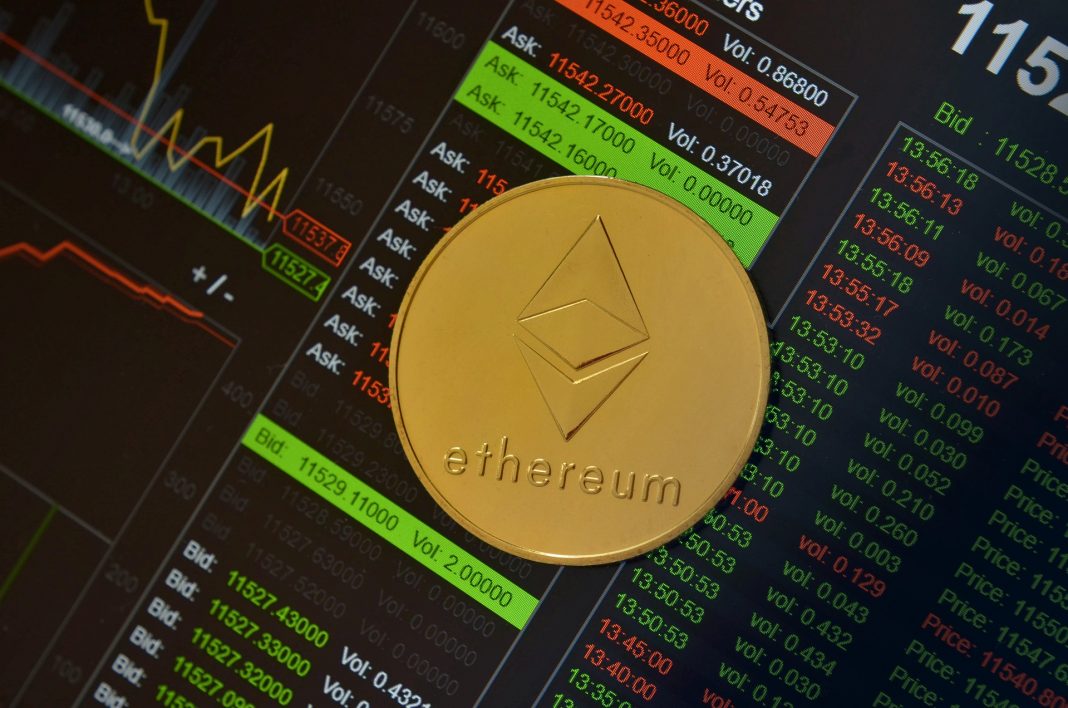DeFi refers to platforms that allow consumers to perform financial type transactions with each.
DeFi uses blockchain, cryptocurrencies (mainly stablecoins) and smart contracts to manage financial transactions outside the control of traditional financial institutions like banks, brokerage firms, and centralised exchanges. Users thereby interact with the open software protocols through unhosted digital wallets that are managed by users themselves rather than by a service provider.
Decentralized finance has been one of the fastest-growing crypto sectors since 2019. Interest in crypto and DeFi rose sharply during the Covid-pandemic and investment has accelerated.
How does DeFi work
DeFi uses blockchain platforms to disintermediate centralized models and enable the provisioning and settlement of financial services anywhere by using crypto currencies. DeFi users are able to maintain full control over their money By eliminating intermediaries and through personal wallets (DeFi smart contract tokens) and trading services, as well as directly interact with them via DeFi dApps.
Smart contracts
Smart contracts are computer programs run on a blockchain that controls digital assets and transaction between two or more parties, thereby reducing friction and costs. smart contracts provide the fundaments for the functioning of DeFi apps through encoding the terms and activities necessary for the functioning of these apps.
Software protocols
DeFi software protocols on blockchains are standards and rules written to govern specific tasks or activities. They are interoperable, meaning they can be used by multiple entities at the same time to build a service or an app, enabling buyers, sellers, lenders, and borrowers to interact peer to peer.
DeFi protocols achieve their investment purposes through self-executing smart contracts that allow users to invest crypto assets in a pool from which other users can borrow. The most common protocols for current DeFi projects are built on Ethereum.
Decentralised applications (dApps)
Decentralised applications (dApps) abstract underlying protocols into simple consumer-focused services. DeFi can be used for the full range of financial services including crypto asset trading, lending and borrowing, savings, payments, derivatives trading, insuring risk etc.
Governance tokens
Some DeFi protocols allocate so called “governance tokens” to reward users for engaging, conducting or supporting different types of transactions. Participants typically earn tokens by interacting with and providing services to a protocol, for example by providing liquidity in a decentralized exchange or collateral on a lending platform.
These governance tokens generally give users a right to returns from the project and vote on changes protocol’s proposed. Because of these associated rights, governance tokens have value and are tradeable.
DeFi platforms
These platforms are consumer-facing financial interfaces that require blockchain technology and crypto stakers (the transaction processors) to operate.
Several decentralized platforms exist including:
- Decentralized exchanges (DEX is A marketplaces that allow the trading of digital assets without any centralized controller. Well known examples are Uniswap and Justswap.)
- Lending and borrowing (DeFi users can borrow a loan or a token to participate in blockchain activities such as governance. Leading examples are Compound, Makerdao, and Aave)
- Trading (complex) derivatives (Most known example is Synthetix)
- Insurance
- Asset management etc.
DeFi’s Benefits
- Easier access to financial products and liquidity (users have full control of their assets/funds)
- Peer-to-peer trade (It allows for a flexible, direct person-to-person trade with high levels of transparency and zero requirements for joining)
- Availability (The distributed nature of DeFi platforms and protocols makes them available across the world.)
- Improved market efficiency (Individuals can also borrow of these platforms instantaneously by using crypto assets as collateral. This automation may increase the speed of financial transactions, decrease costs, and—given enough time—broaden the availability of these services.)
- Lower costs (Such decentralised and non-custodial platforms have low start-up and entry costs as market entrants often remain unregulated and have minimal operating and regulatory costs. The absence or lack of central intermediaries makes it hard for regulators to forbid DeFi services.)
- Innovation (through voting to change the services supported by it or forking the existing open source code base and develop a new protocol by users.)
DeFi’s Risks
- User errors ( mistakes done during a transaction as blockchain)
- smart contract vulnerability(because of a flaw in the DeFi application)
- Malfunction of Software systems (due to incorrect input in system)
- Vulnerable for cyberattacks, hacks, scams, false, misleading (the anonymity of participants in DeFi transactions)
- No consumer protections (the absence of rules and regulations)
- No intermediaries
- Codes (challenging Of accessible blockchain code to all through the internet.)
- Source of information (difficulty of providing the source of information about an exchanged beyond transactions.) and …


